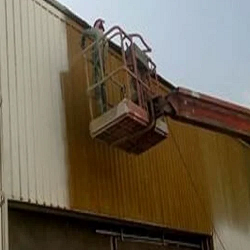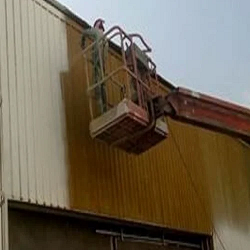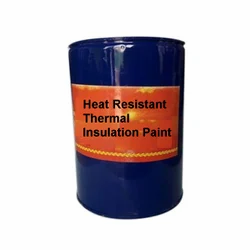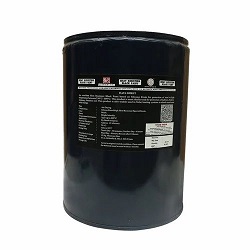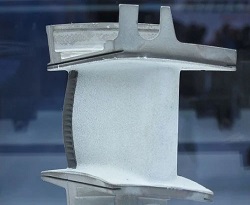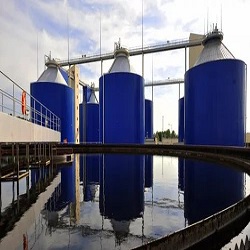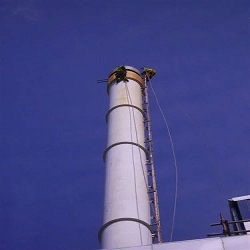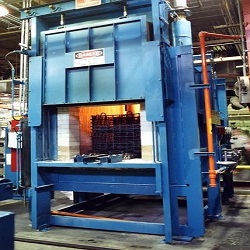Anti IR Paint
Rs 550 / Litre
Minimum Order Quantity: 20 Litre
| Brand | Univolen |
| Color | White |
| Form | Liquid |
| Usage/Application | Metal |
| Packaging Type | Bucket |
| Packaging Size | 20 L |
| Coats Required | 3 |
| Coverage | 20 sqft per litre |
| Application Method | Roller |
| Country of Origin | Made in India |
1)The heating in sunlight is mainly due to radiation. Conduction and convection are secondary which transfer such generated heat.
2)Conventional insulating products are designed to prevent conduction and convection.
3) The paint contains Imported Ceramic Microspheres which are used by N A S A for making tiles to cover space shuttles for thermal insulation and which are hollow and having vacuum inside.
4) These microspheres reduce the heat generation due to radiation considerably and also help reducing conduction and convection.
5) Being ceramic, they are inert and do not take part in any reaction with paint.
6) These microspheres are dispersed in Epoxy latex paint to achieve the weather resistance, total waterproofing effect and getting the elastomeric effect.
7) Being elastomeric it takes the care of expansion and contraction of the surface on which it is applied. Also after application of this, any conventional waterproofing is not required to the building.
8) Since it is always visible on the top, any damage to it due to drilling, hammering, or chipping can be repaired there only.
9) It is mainly suggested for ROOFS, WALLS, CEILINGS, A/C DUCTS, INDUSTRIAL AND COMMERCIAL SHEDS, SPECIAL APPLICATION IN DEFENSE, COLD STORAGE, AUTOMOBILES, HOMES, BOILERS, FURNACE, FREEZER VANS, OVENS, INSTRUMENTS, STEAM PIPING, PUMPS, TURBINES, VALVES, EXCHANGERS, EXHAUST MANIFOLDS, FLANGES, FILTERS, PLATEN, KILN, RUBBER MOULDS, PRESSES, PLASTIC MOULD and PRESSES to achieve energy saving through blocking heat losses from moulds up to 160 degrees C or any surface needing heat insulation.
-
No Review Found
Login
to leave a review

